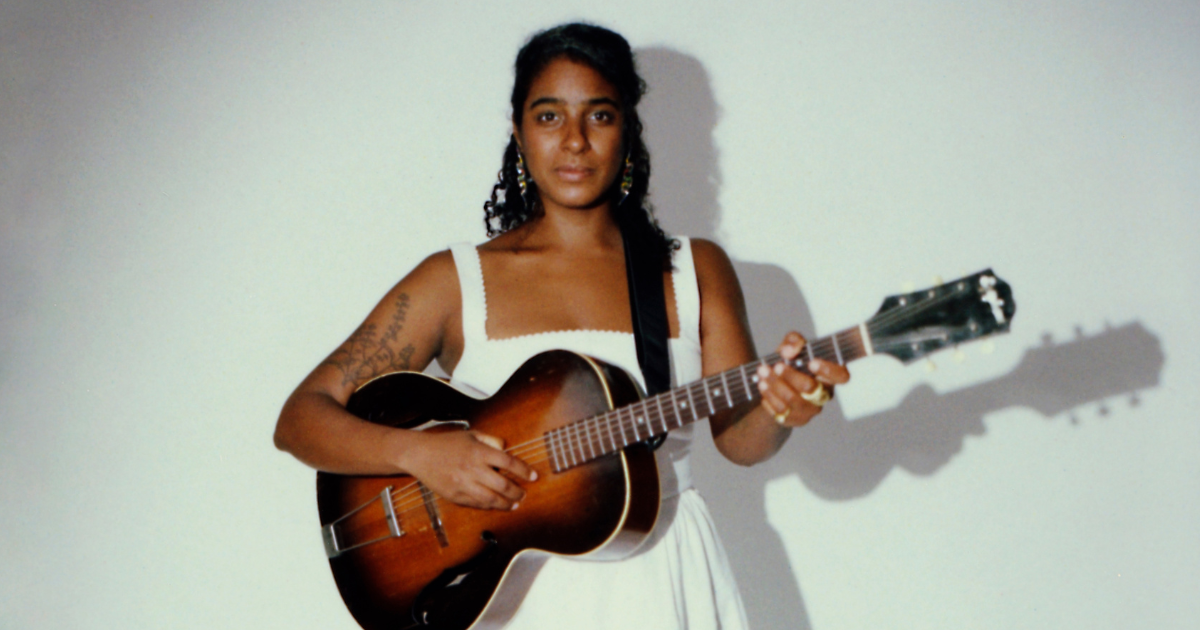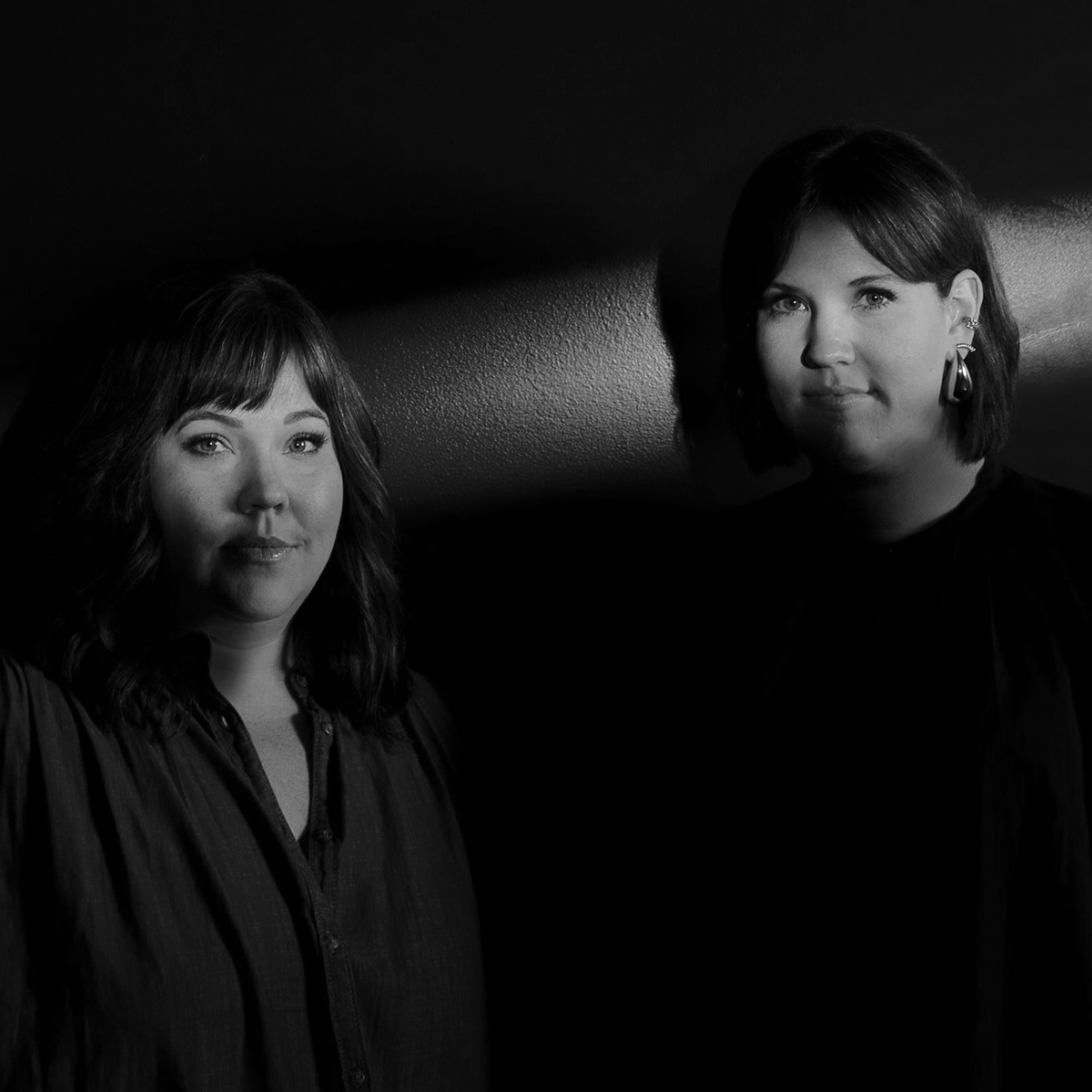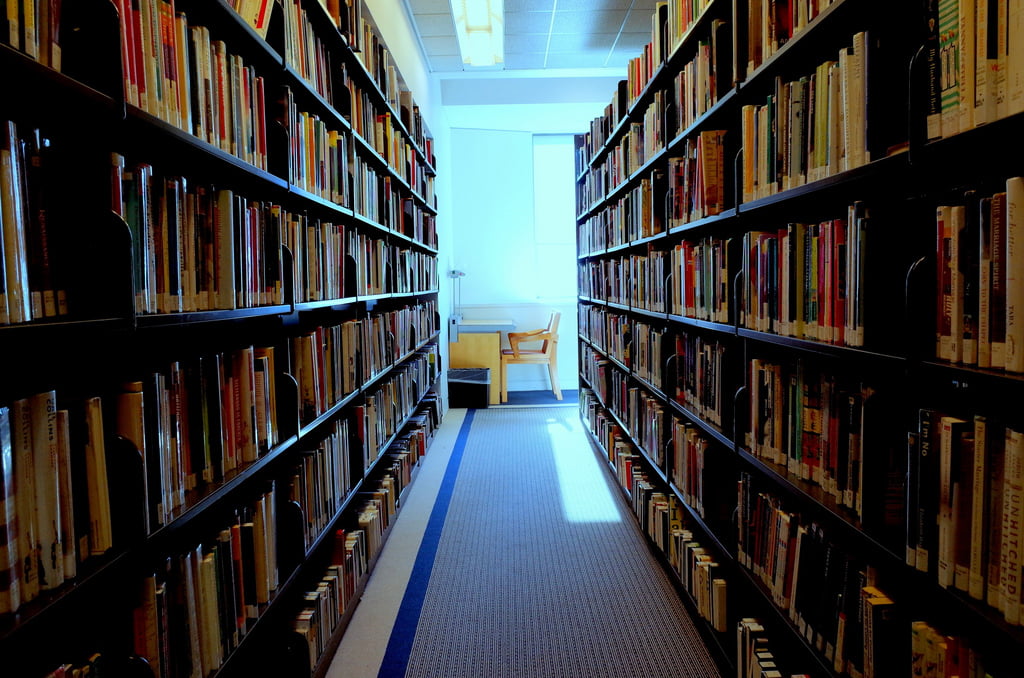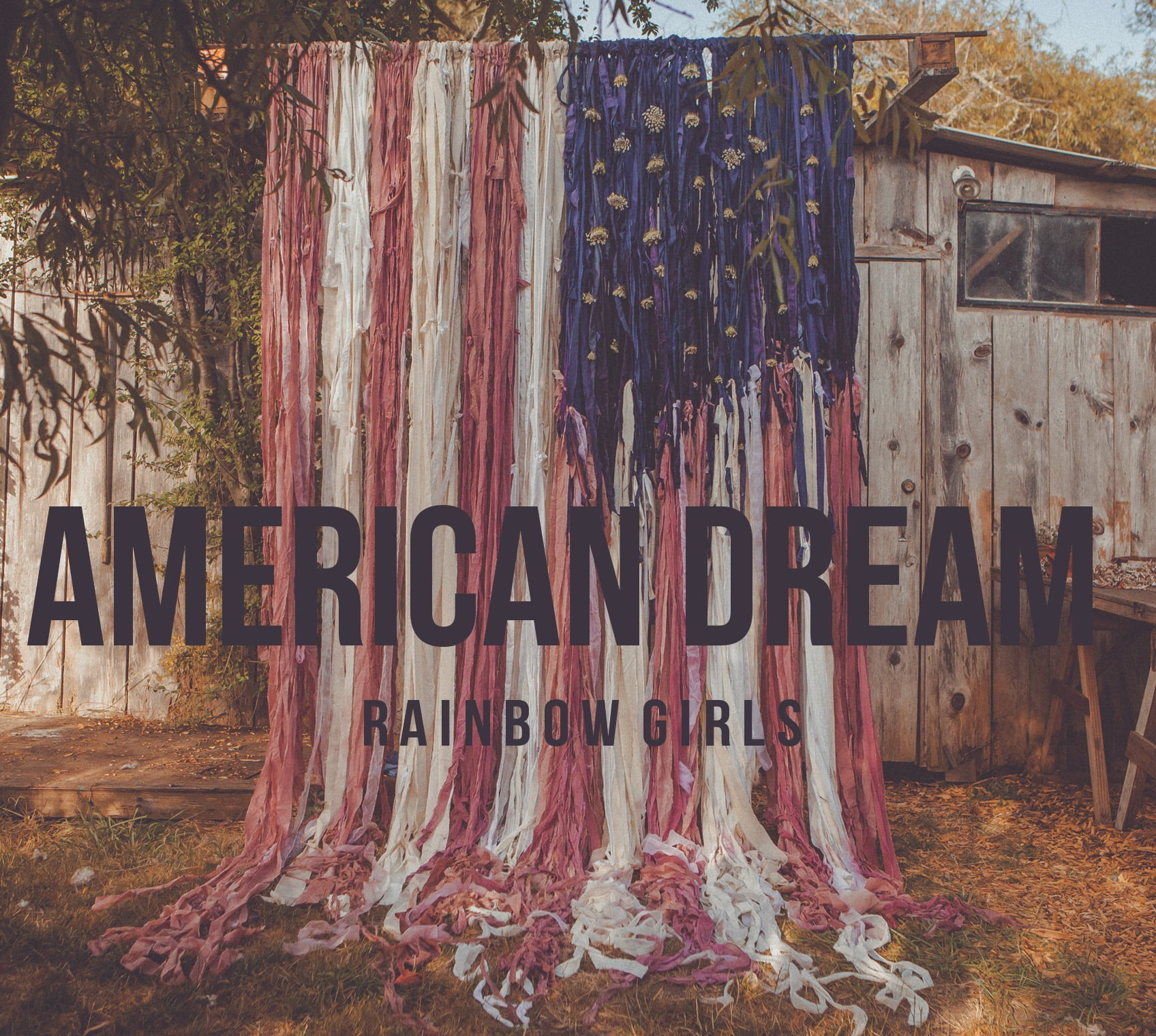Sun Without the Heat is Leyla McCalla’s fifth solo album, but it is different from past efforts and she brings the listener through the transformative process with her. Produced by Maryam Qudus at Dockside Studio in Louisiana, McCalla dug into her personal history, primary sources from Amistad Research Center at Tulane University’s archives, world musical influences, and her creative trust in her long time bandmates to bring forth a bright, kinetic, and meditative project.
The studio, nestled along the Vermilion Bayou, offered an insular, bucolic setting for the nine days McCalla and band were recording; a place where friends and children could visit and local fishermen provided fresh catch for dinner. Qudus’ direction provided McCalla with space and vision to piece together her research and personal edification, while her relationship with her band allowed a deeply creative process to unfold. McCalla spoke wistfully about the experience, “It was very luxurious to have that kind of space. And it’s just really a very nurturing environment.”
Traditionally a cellist, on this project, McCalla explores her relationship with the guitar. She delves into West African and Brazilian polyrhythms flowing underneath lyrics that, at times, feel like a repetitive prayer or mantra. She balances the seemingly unanswerable aspects of life with the sometimes illusive, but simple notion that many contradictory feelings can be true at once.
BGS spoke with McCalla via Zoom from her home in New Orleans earlier this month. McCalla discussed the experience of researching, writing, and recording, her relationship with fans and supporters, creative freedom, and trusting the process.
I’ve been listening to all your music the past couple of days and I’ve noticed that the sonic palette of this album is somewhat of a shift for you. It seems like there’s a transformation theme running through it, both lyrically and musically, and it seems like even in the process of recording it. So I wanna talk about that on multiple levels, but can we start with the process for this? It sounds like you went into the woodshed and didn’t come out until the record was done.
Leyla McCalla: This is an album that was mostly finished in the studio. I had a pre-production session with Maryam Qudus, who produced the record. It was also just this really crazy time in my life. I was on tour a lot and coordinating with kids’ schedules. We really only had 36 hours of workshopping songs. Maryam was really amazing at being like, “Okay, let’s play with this idea, and come up with a verse and a chorus.” So I think we came out of that pre-production session with about 7 different demos that were just these rough sketches and we sent them all around to the band. When we went into the studio, everyone contributed what they were hearing to the songs. I’ve been working with my band now for about six years. I think that we have developed fluidity in our process of coming up with parts and talking about music. And so I knew that I had these sort of vague notions of delving into psychedelia and Afrofuturism and mining, this incredible music from Africa, ultimately. I think that that’s been a consistent through line in all my work is connecting my music through the ancestral lines of the sounds themselves.
I played a lot more guitar on this record than any other record. For me, it was really about delving into the songwriting and figuring out what I wanted to say. I’d been doing a lot of reading of Black feminist thinkers, and contemporary thinkers like Adrienne Maree Brown, Alexis Pauline Gumbs, and Octavia Butler. I think this record for me was really about, “How am I going to survive life? What does it mean to be resilient? What does it mean to transform and change? And give myself the space to grieve and also to hope and to dream.” There are a lot of things that I was meditating on when I wrote these songs.
I remember feeling very vulnerable, because I was really going back into this more beginner’s mind. I’ve never gone into the studio and been like, “I don’t know what it’s gonna sound like on the other side.” I’ve always had the band pretty well rehearsed and gone in. This time it was like, “These are the things that are emerging in real-time.”
Did you feel nervous about it? It seems like you have a lot of trust with your band, which is a great starting point. And you had the 36 hours of workshopping and all the ideas that you came up with. But were there nerves about it walking in to record?
Oh, yeah. It was not nerves about, “Can I trust my bandmates to be awesome?” It was more nerves of, “Do I suck?” Which is classic imposter syndrome that artists have as part of the process of writing. You get an idea. It’s a good idea. You question whether it’s a good idea.
I’m trying to do a new thing. I’m trying to break new ground in my creative life and in my sonic expression. Within that, I think that there’s a lot of room for self-doubt. That’s why for this album it was critical to have the support of my bandmates and of Maryam, who didn’t have that kind of attachment to any of the songs. They were just there to help execute what I wanted.
I think this album really has strengthened my trust in my songwriting and in my creative process. And just knowing that you don’t always have to know what’s gonna happen to know that it’ll be good.
Absolutely. I was just going to say when you said it was a sort of meditative for you, I think that really comes across, lyrically and sonically. There are these phrases that you repeat that are meditative and it seems like you’re asking questions, you’re answering the ones you can, and you’re submitting to the ones that you can’t. What you are saying you wanted to happen comes across.
Yeah, I think so. I think that there is, on a spiritual level, deep healing for me in writing these songs. I was calling that in. I was navigating single motherhood, divorce, breakups, and big deaths in my family. It was like, “How do I call myself back to myself, what is gonna guide me through that?” I think for me, doing a lot of sort of ancestral healing work and meditating on the the gifts and the things that I’ve inherited from my ancestors, those made their way into the songs.
Speaking of process, you mentioned in your liner notes that you are grateful for creative freedom on this project. And I’d love to know what creative freedom looks like for you and how it impacts your work. And maybe what a lack of creative freedom has felt like in the past for you.
I think creative freedom, for me, was kind of twofold. I have a label that is mostly doing stuff outside of the commercial realm. Obviously, we’re part of the music industry, but I never felt like I needed to make a particular album. I felt like the question from the label was, “What kind of album do you want to make? What is coming through right now for you? What do you want to say?” Being able to come from that place is very different than, “Try to take over this part of the market,” or something. It’s a lot more empowering experience. Also, not being afraid to go in different directions. Not being afraid to use weird pedals on my guitars, experiment with synths, have a freaking psychedelic freak out, or have piano on the songs or organ. It was just sort of intuitive, “Yes, this belongs.” And not feeling like anyone was going to disapprove of that.
I never felt that there was a particular agenda outside of the agenda that I wanted to fulfill. That has been a really empowering experience for me, coming off of my previous record where it was like, “Okay, these are these ancient rhythms that are Haitian and African, and this is a mapping of where Haitian people come from.” I felt empowered by that, but in a very different way, almost like I wanted to serve this music. For this record it felt like, “Okay, how can this process really serve me and serve my creative genesis?” Returning back to like a more beginner’s mind, “What are the things that really I love about music? What are the things that make me wanna write songs?”
I didn’t have as much of a mind for that with Breaking the Thermometer, because it had been such a longstanding collaboration that I had been working on for five years with a crew of theater makers and different musicians and then going into the studio.
I always felt like that project was like a garden of weeds that are growing out of control. It could be a book. It could be a theater project. It could be a dance piece. I explored the intersection of all those things together. Whereas this was like, “Okay, I’m just returning back to this one format. We’re making an album.”
It meant connecting with some of my earliest influences. That’s why I went back to listening to a lot of artists from the tropicalismo movement in Brazil, in the ’60s and ’70s. There was all this experimentation with traditional music forms and rock and roll and psychedelia. I love that music. There’s something about it that just really speaks deeply to me. And I think that it’s also because of my generation, who I am, and where I am. I’m drawn to things that are out of the box. And I’m also drawn to really solid groove and feel and deep emotional content. I never had an agenda other than to figure out what I want to sound like and being able to have that space. A lot of these songs were about like, “How do I get out of my own way?”
When you started thinking about making this record did you know that you’d be playing more guitar than cello? Did you write on guitar? What was the relationship with that instrument like?
I was writing a lot on guitar. I wasn’t like, “I’m gonna play guitar and not cello.” I didn’t have an agenda in that way. I really wanted to explore different shapes in my fingers and try different rhythmic structures. Guitar is exciting for me in that way.
I’ve done a lot of finger-picking in my work and there’s plenty of that on this record. But I’m like, “What about this inflection? What about this texture? And what about this feel? What does that conjure?” That was really fun for me.
Fun was also really central to the process. I was like, “I want to heal, I want to be creative, I want to expand my sonic palette, and I also want to have fun.” I do this work to have fun. I don’t do this work to be the “king of the capitalists” or something. I want to have a good experience with it and find it enriching. I feel like the guitar is the ultimate symbol of liberation and freedom. It has a different meaning to me than the cello. With cello, I know the notes. I am thinking about technique and I have to think about how I’m holding my body. Guitar is just like, “This is who I am.”
For sure. Partly because the guitar is so mobile. You can walk off into the woods with it.
Yeah, totally. You should see me walk through an airport. I’m carrying my guitar, my banjo, and my cello, and I’m always like, ”Man, life would be so much easier without this cello.” But it’s such a powerful thing. When I’m playing cello, it feels totally like, “Wow, this is also home.”
Cello moves so much air. It can completely change the vibration of a room.
Totally. I always tell my bandmates, “Oh, we gotta be careful with that cello. It’s like melting a dark piece of chocolate on stage.”
I think a lot about sense of place and how a place can affect the creative process. Since you were sort of in a “lock-in” at Dockside Studio, I want to know if that studio and that place had an effect on this record.
Oh, yeah. Dockside is an incredible place. There’s a house with a pool and then a whole other house with a studio. The grounds are beautiful and well-kept. You’re right by the river.
There was a sense of deep relaxation for me there, because it is kind of separate. If it were in the middle of a city, there would be so much more distraction. But because there isn’t, I felt like it really helped me to focus and to tune in. We burnt candles there every day. We were calling in a lot of spirits and support. I did a lot of just sitting by the river and writing and reading in order to write.
And Maryam is amazing. If it had just been me producing the record, it would have been way more disorganized. Maryam was amazing at being like, “Okay, Leyla, we don’t need you in the studio right now. What we really need from you is to go and write.” I feel like I do best in those sorts of relationships, when someone is gently nudging me in the direction of what’s gonna be most productive for me. I was really able to get to a place of being productive and feeling quiet enough to actually hear whatever was coming through. If we had made the record anywhere else, it would have probably sounded completely different. We are all pretty well versed in the different styles of Louisianan music, so we kept thinking, “What is this sound that we’re coming up with?” And we were like, “This is Louisiana tropicalia.” It’s a fun construct.
Tell me a bit about what your relationship is like with fans and supporters of your music and the impact that they might have on your creations or your career.
For my first record, I did a Kickstarter campaign and I asked for $5,000, because I didn’t know how expensive it is to make albums. I ended up making over $20k. That whole process of doing the Kickstarter was such a boon to my career. At that point, I had been touring with the Carolina Chocolate Drops. No one really knew who I was, but I realized that there was support and space for me to be doing these projects that combine research and intellectual pursuits with making music. That’s the line that I have been toeing this whole time. And it is incredible, over the years, the number of connections that I have made from pursuing two things at once and growing this academic life within my body of work as a recording artist.
People have brought me, over the years, limited edition Langston Hughes, Haitian Creole poetry from the 1800s, translations of Zora Neale Hurston books that are in French or German. Those are the kinds of connections that feel so sustaining creatively for me and really enriching. The music industry is so inundated with artists, and everyone’s trying to stand out. That kind of symbiosis, I think, is really critical not only to me as an artist but to me seeking support.
That’s wonderful. There’s something sort of clinical about the traditional record label rollout of material in the past, but now it feels like, because of social media, because of things like Kickstarter and house shows, a wall has broken down.
Totally. And I feel people really connect to that, even sometimes more than the actual songs. Which may be problematic in one way. Everything is kind of about more of this “cult of personality” thing. Not that I’m super invested in developing that, but I do feel like the fan base is invested in me as a person, and wants to want to support the music as a result of that.
Can you talk a little bit about the collaboration with the Rivers Institute and the Amistad Research Center at Tulane, and how that might have informed this project, or what you’re working on in general?
I was invited by the Rivers Institute to be their first music fellow. They have this incredible artist-in-residence program that is in concert with the Amistad Research Center at Tulane University, which is an incredible archive of stuff from all over the South, particularly Louisiana Black culture. There are so many oral history interviews. I discovered writers that I didn’t know about, particularly a guy named Tom Dent, who feels like he’s kind of like the Langston Hughes of Louisiana.
I’ve always known how important archives and libraries are, but it’s just so much information. There’s a woman named Jade Flint who works there who helped me. She was like, “What are you interested in?” I’m like, “I like poetry. I like organizers. I like movement work.” I found myself down this path of discovering letters that Fannie Lou Hamer had written to her best friend. She was from the Delta in Mississippi and in the ’60s was really active in registering Black voters at the height of Jim Crow. She was attacked. She was beaten really badly for that. She just kept on fighting her whole life for Black people to have the right to vote and for political participation for Black people at a time where that came at a great cost to her mental, emotional, and physical health.
There’s an organization called Core New Orleans, which actually did a lot of COVID testing during the pandemic, but they were also working on voter registrations. I was reading their pamphlets that were like, “This is how you deal with potentially violent situations. This is how you approach people about trying to get them to vote.” I was doing that and concurrently reading things about emergent strategy and pleasure activism and comparing notes like, “These are the activists of yesteryear and the organizing principles.”
And then I was reading Adrienne Maree Brown’s books. She’s like, “You’re gonna need to masturbate before reading this chapter, because otherwise you won’t be connected with your pleasure center. That is essential to this activist work.” You could see this sea change in the attitude about what is actually going to aid our collective liberation the most.
During this time, my grandfather passed away and he [had] started a Socialist Haitian newspaper called Haiti Progress. Both of my parents are activists. I’ve been immersed in a lot organizing and activist stuff my whole life like going to protests throughout my childhood, especially regarding Haitian immigrants and human rights issues in the United States.
All of these things just really filled me with this feeling of, “Wow! It’s taken so much bravery to be able to fight the good fight and keep these conversations moving forward.” I think we still have a long way to go. I did a lot of reflecting on that. And that song, “I Want to Believe,” was written during that residency. It’s a simple song, but I wanted to write something that was almost a song that could be sung at a protest, something that was not quite gospel and not quite protest music, somewhere in the middle.
I love a library, I love an archivist, and I love being in that space and finding things that feel like a secret. How you process that as a person in the present, feeling the history in the present, and how it comes across – that is reflected in your lyrics. We have access to so much information today, but that information is very much filtered by these multinational corporations. There’s search engine optimization and all that, and we can’t really dig down until you go into a place like that where those regional details exist, like in an archive or library.
It just is incredible to me, because there’s so much to keep track of. And you know, even the different categories like oral histories or audio interviews or drafts of books or poems. There are unpublished pieces that may only be read by five people every year.
Those five people then know about this thing and can share it with their community, and make work from it, or include it in their research papers. There’s there’s endless ways to see the world and then filter this information.
I feel like my job as a musician is looking for those bits of information that feel like the diamond in the rough, like the thing that I’ve been looking for my whole life. That’s really the chase. It really keeps me in the archives.
Can you talk specifically about the title track, “Sun Without the Heat?” In your liner notes, you dedicate the song to Susan Raffo and Frederick Douglass. I’d love to know more about that.
Susan Rafo released a book called Liberated to the Bone: Histories. Bodies. Futures. I went down this rabbit hole of progressive thought. Her book is written for healers, people working within the medical industrial complex, and anyone who’s engaged in healing work, whether that be on a community level or on a one-on-one basis. I read that book, and it was really fortifying for me.
She has this theory of the original wounds of our society, which are the genocide of Indigenous peoples and the enslavement of African people through the transatlantic slave trade. It’s about our inability to grapple with the harm that has been perpetuated and is being perpetuated from those original wounds. It is holding us back from larger systemic change. There’s a chapter where she references a speech that Frederick Douglass gave in 1857 to a room full of white abolitionists. He said, “You want the crops without the plow. You want the rain without the thunder. You want the ocean without the roar of its waters.” I was immediately like, “Those are song lyrics.” I just heard it immediately. Those were just such beautiful words and and phrases and concepts, and I kept on singing that.
It occurred to me, “You can’t have the sun without the heat.” I was like, “There are only three phrases, and I need that one other thing.” I was also thinking about how so many of these songs to me are about transformation, and are about what change really requires of us. And it felt like those phrases spoke so well to that theme.
I read a book called Undrowned by Alexis Pauline Ghums. It’s a Black feminist study of marine mammals off the coast of South Carolina and Georgia and the things that we can learn from them about survival, resiliency, living on this planet, and our inherent connection to nature — you know, how to thrive on this seemingly unsustainable planet. It is also about our connections to each other and community.
For a long time, I think in my own personal life I was like, “I just can’t help but feel like I’m drowning.” But I didn’t want to just make a record about that feeling. I wanted to make a record about getting through that feeling: about breaking through the overwhelm.
Photo Credit: Chris Scheurich



